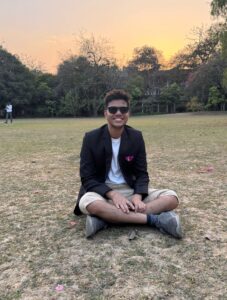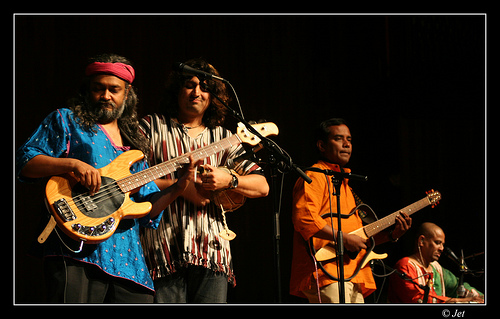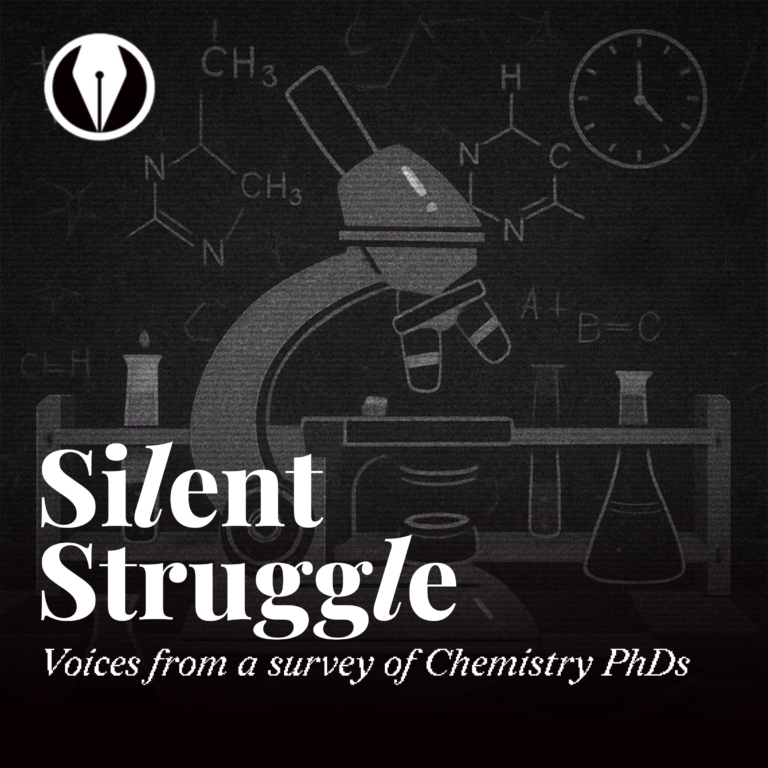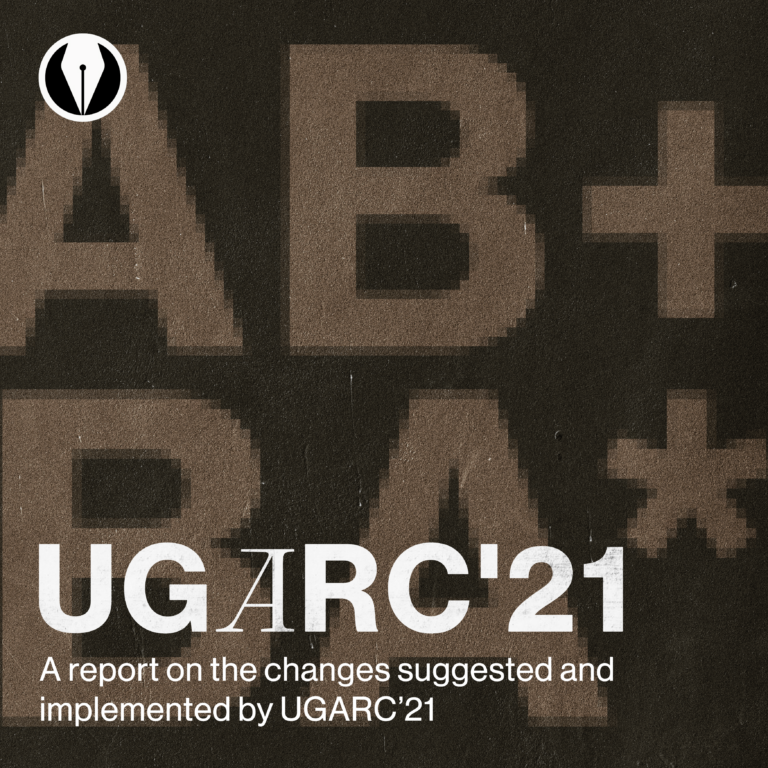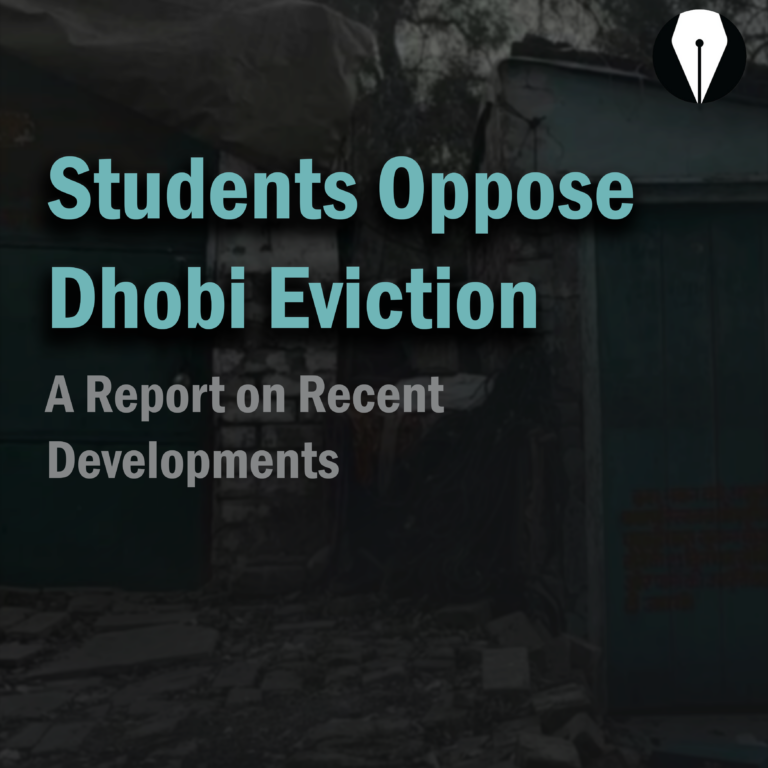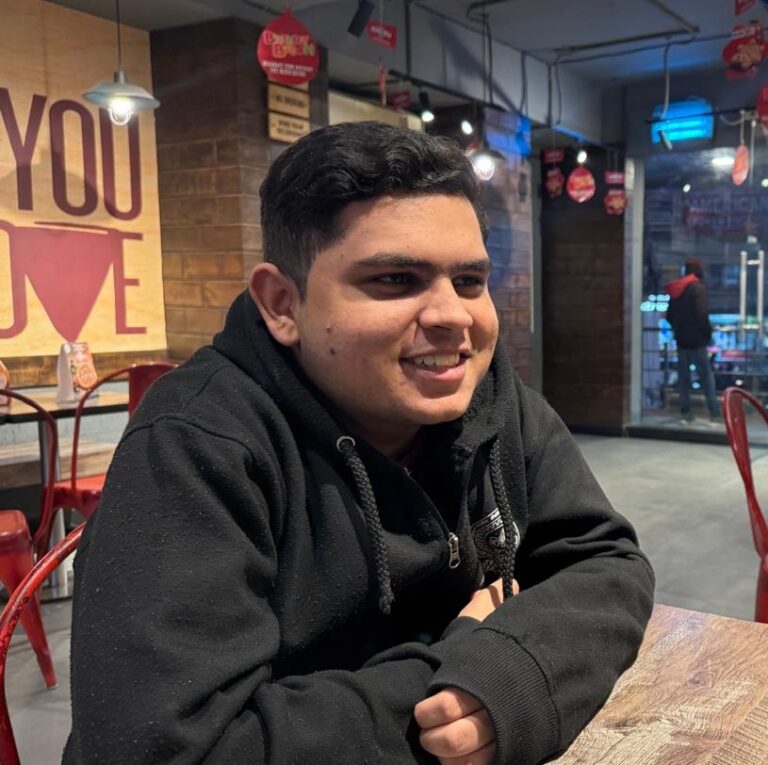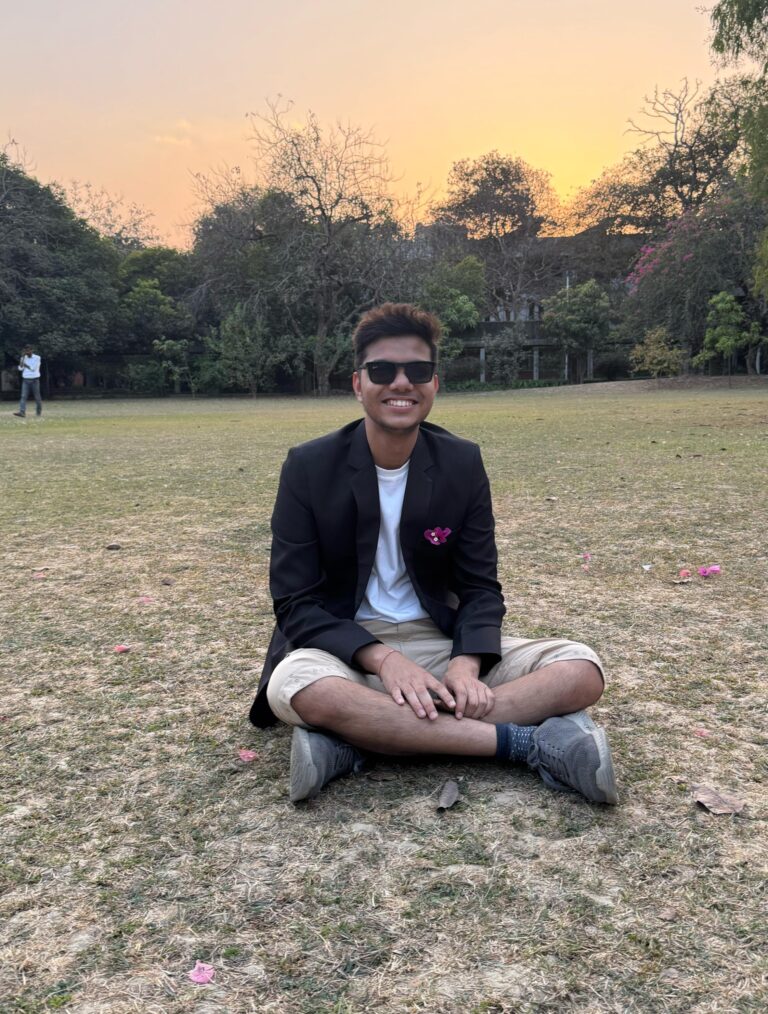After completing M.Sc. in Chemistry from IIT Kanpur in 1986 and PhD in Environmental Toxicology from Cornell University in 1990, Delhi-based Rahul Ram should have been a top grade scientist or an ace academician or both. But Ram chose to be lead singer and bassist of the band Indian Ocean.
It is very unlikely that you will come across another IITian like Rahul Ram. To begin with he![]() has Masters in Chemistry from IIT Kanpur, a PhD in Environmental Toxicology from Cornell and has been involved in social movements like Narmada Bachao Andolan (NBA). But he is most famously known as the lead singer and bassist of the band Indian Ocean.
has Masters in Chemistry from IIT Kanpur, a PhD in Environmental Toxicology from Cornell and has been involved in social movements like Narmada Bachao Andolan (NBA). But he is most famously known as the lead singer and bassist of the band Indian Ocean.
Education
Rahul Ram comes from a highly educated family. His parents were professors; as a result very high academic standards were maintained in the family. Rahul Ram decided to pursue chemistry and started preparation for IIT JEE but he didn’t like the intense preparation required and subjects like trigonometry, so instead he chose to join St. Stephens College, Delhi. While studying chemistry in St Stephens, he played guitar in various college bands.
After graduating from St. Stephens, Rahul joined IIT Kanpur for his Masters degree in Chemistry. At IITK due to the rigorous system he was completely engaged in studies. He was still uncertain about his career path. In the final year, students in his batch coordinated with each other to get to the best universities in US and he managed to get into Cornell to do a PhD in Environmental Toxicology.
Cornell was a happy time for him. The flexibility of education system there allowed him to take the courses he wanted to study. “I picked up the subject of my interest and spent the next four years (1986-90) studying social and development sciences along with my research work,” he says. Ram put music on hold but “heard a lot of it”. He completed his PhD in 4 years. With an all A score and strong research behind him, he looked for work with leading environment NGOs. But no good offer came his way. During his PhD, he also got married to Amita Baviskar who was doing PhD in Development Sociology from Cornell and was girlfriend of Rahul since Stephen’s days.
Return to India
Though Rahul thoroughly enjoyed his stay at US, he did not want to settle there. He hardly had a career plan and just followed his passion. He believed he had to be good in what he was doing and education is an asset. In September 1990, he returned to India and joined Narmda Bachao Andolan (NBA) Support Group in Delhi as an associate activist for Rs 2,000 a month. The experience of living in villages with tribal’s and in various jails completely transformed Rahul’s life. He realized that material pursuits and happiness were not related. Adivasis he met had no wealthy possessions but they were happy.
Indian Ocean
After the agitation he returned to Delhi and started playing music again to earn money. He had been playing bass guitar since junior school and continued to play by joining bands outside of Stephens and performed in events. In 1991, he took up his classmate Susmit’s offer to be a part of Indian Ocean for a show but continued to do his own things. Periods of uncertainty never bothered Ram as his parents and wife were extremely supportive. His sources of earnings were concerts, playing at jagrans and creating pamphlets for the NBA; Ram cruised through with ease. He enjoyed freedom more than money. While music continued, he started giving guest lectures in various colleges including the School of Planning and Architecture, Delhi.
Money was tough for the band too. Though their music had grown its own strong following not being mainstream music, it was rejected by music labels in India and abroad. Slowly as media abroad started to appreciate Indian Ocean music, the conditions for them started to change in India too. With the release of its album Kandisa in March 2000, the band went on to acquire cult status and it changed the fortune of the band. Later, band worked on music for films such as Black Friday, Gulal, Peepli and many other projects. The international scene opened too. After their first concert abroad in London in August 2001 to touring the US thrice in 2005-6, there has never been a dull moment. The four-member band has held over 70 shows in the past one year.
From managing his day for Rs. 10 a day, today Rahul Ram earns in seven figures. But it was never the money; it always was about freedom and passion.
Follow Your Passion
A strong educational background, single mindedness and passion are usually the ingredients of a successful career. Even if the choice of career is unconventional, which may include no one fixed career at all.
In his own words at IIT Delhi, foundation day speech he says “Your notion of what makes you happy is what you need to figure out in your head. If you are willing to do what you want to do, I think there are some things which are very clear. You will be poor for a very long time but I don’t think that matters.”
Watch his very interesting hour-long IITD Foundation Day Speech. It is worth your time.
http://www.youtube.com/watch?v=DrWvPAUwn1I#at=81
“I hardly had a career plan. My choice of subject to study and the career I wanted was based on my passion. Two things I was certain about—I had to be good in what I was doing and education is an asset,” says the bassist and vocalist of one of India’s premier bands, Indian Ocean.
Ram’s attitude to a career may not be conventional or ideal. But it may just be the sign of an emerging trend, where a tunnel vision to career doesn’t work. There are ways one can productively follow one’s passion and that’s by being sincere and hardworking in whatever you undertake.
Ram discovered his two passions— environment conservation and bass guitar—rather early in life. “I started learning to play the guitar in school,” says Ram, who was also a very vocal member of a local eco-group that even went to meet Sunderlal Bahuguna in Tehri. Influenced by the Rachel Carson’s book Silent Spring, he could hold discussions on impact of pesticides for hours. “I also honed my argumentative skills with facts and figures,” says Ram.
The environmental activist in him has taken a back seat as finally Ram has found a job he is content with. From an annual earning of Rs 30,000 in 1990 to a seven-figure yearly earnings, Ram considers his monetary success spectacular. On the career front, he is rocking.
===============
Rahul Narasimha Ram graduated from IITK with M.Sc. in Chemistry in 1986 and Ph.D. in Environmental Toxicology from Cornell University in 1990. He is currently bassist and vocalist of one of India’s premier bands, Indian Ocean This posting is based on published material that appeared in Business Todayhttp://businesstoday.intoday.in/story/a-different-note/1/6513.html and IIT Storieshttp://www.iitstories.com/2012/04/03/rahul-ram-bassist-vocalist-of-indian-ocean-iit-kanpur-alumnus/
Originally published on Alumni Connect blog: https://alumniconnect.wordpress.com/2013/08/01/rahul-ram-playing-to-a-different-note/

